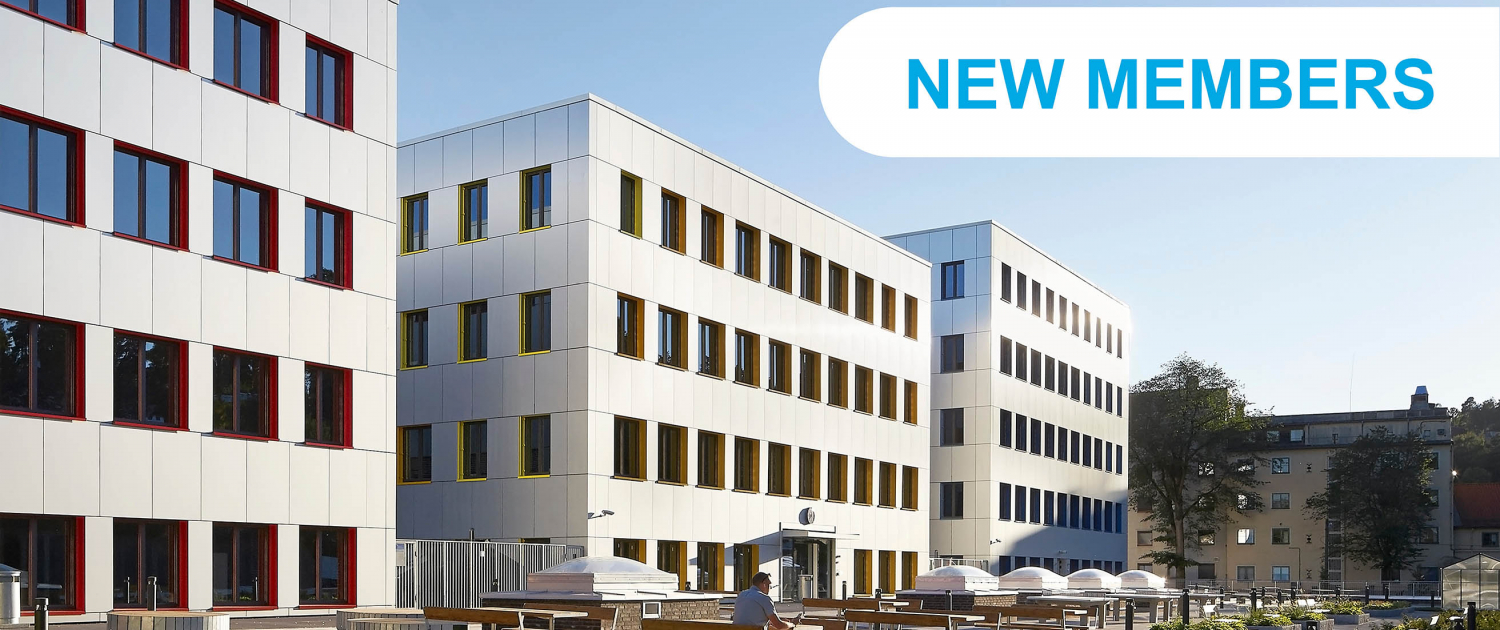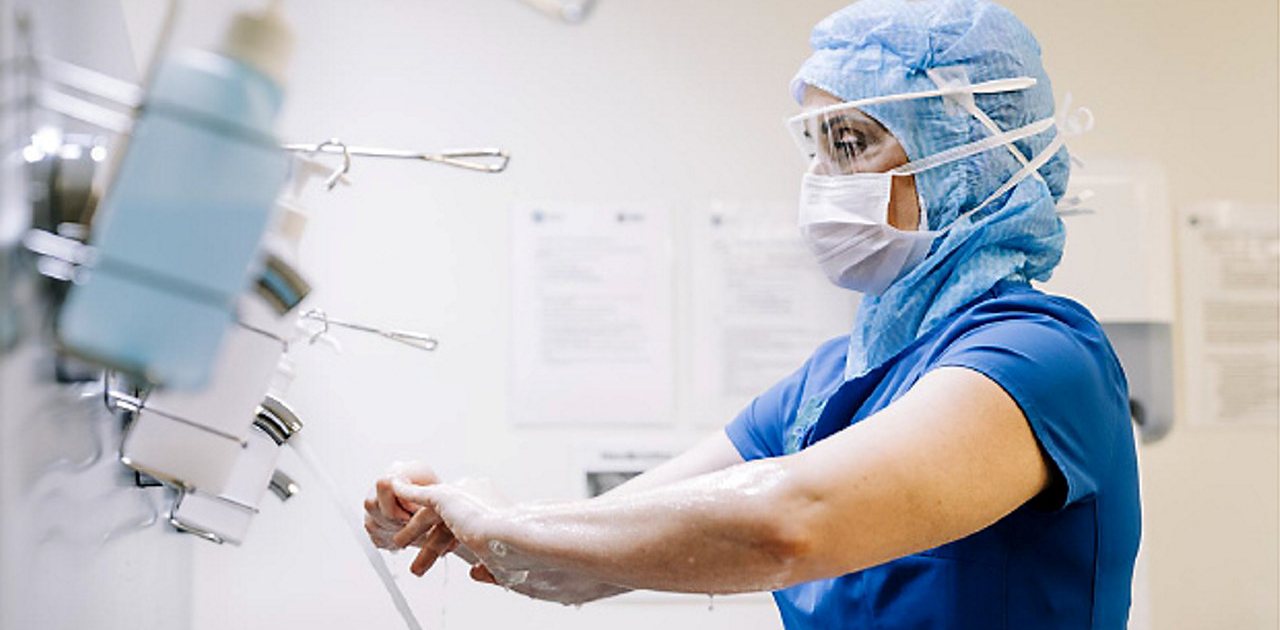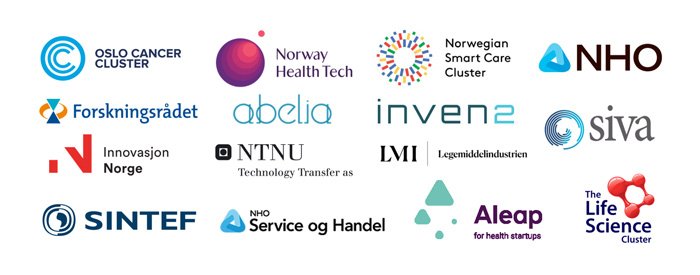Research on gene-edited embryos allowed

Important cancer research into gene-edited human embryos will now be possible in Norway
Research on gene-edited human embryos will now be allowed in Norway, after a majority agreement has been reached among parties in the Norwegian Parliament. The news was given at a press conference on Thursday, when representatives from the three political parties Arbeiderpartiet, Fremskrittspartiet and Sosialistisk Venstre presented the amendments to the Biotechnology Act (“bioteknologiloven”). This is the act relating to the application of biotechnology in medicine.
The changes to the Biotechnology Act are good news for cancer patients and researchers, as they allow for research into gene-edited human embryos. This will give us important knowledge about how cancer arises and how to develop effective treatments against cancer.
Oslo Cancer Cluster gave input to these changes, during a hearing on 6 February 2020 at the Ministry for Health and Care Services. We emphasised that it is important that the regulations are in line with technological developments to promote research, so that we in the future have improved access to personalised cancer diagnostics and treatments.
“These are important changes to promote cancer innovation in Norway. It will help accelerate research into new cell therapies, which will benefit cancer patients both here in Norway and abroad,” said Ketil Widerberg, general manager of Oslo Cancer Cluster.
Gene technology is an important area in cancer research, with many recent break-through discoveries. By gene-editing human embryos, researchers can develop personalised cancer treatments and diagnostics.
Cell division in embryos and uncontrolled cell division in cancer cells is regulated by the same genes. That is why research on gene-edited human embryos will give us valuable knowledge about genetic diseases like cancer.
Gene technology can be used to create genetic changes and give us more knowledge about cell division. For example, researchers can insert genetic markers in DNA and follow the cell’s development from stem cell to cancer cell. They can also produce mutations in an embryo and study how cancer develops at an early stage.
You can read more about cancer research and gene-editing on the Cancer Research UK Science Blog.
It is important to note that the embryos used for research and gene-editing are not allowed to be implanted in a female uterus for pregnancy. This is in line with the current Swedish regulations on gene-edited human embryos.
The fact that gene-editing human embryos will be allowed in Norway means that we can attract world-class cancer clinical studies and deliver new personalised treatments to cancer patients.
The Norwegian Parliament (“Stortinget”) will officially vote on the amendments on 26 May 2020 and we will follow any further developments closely.







